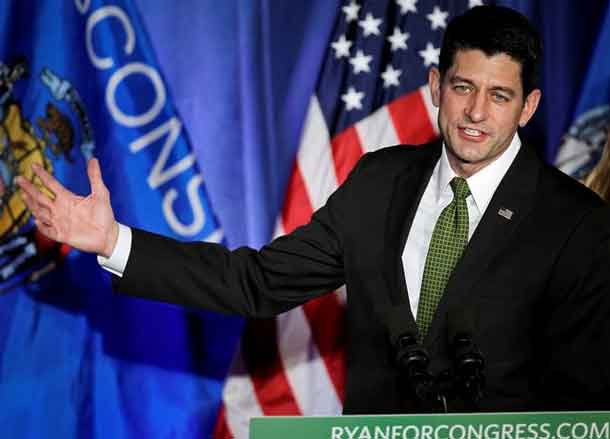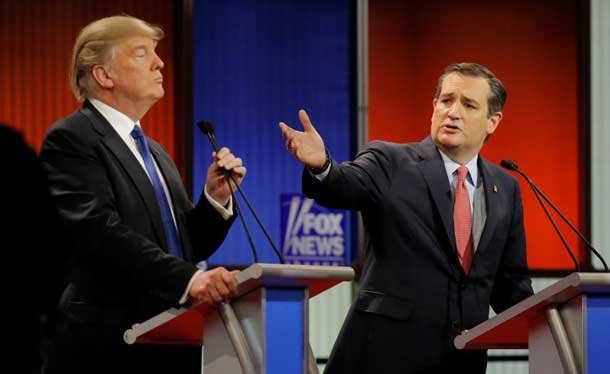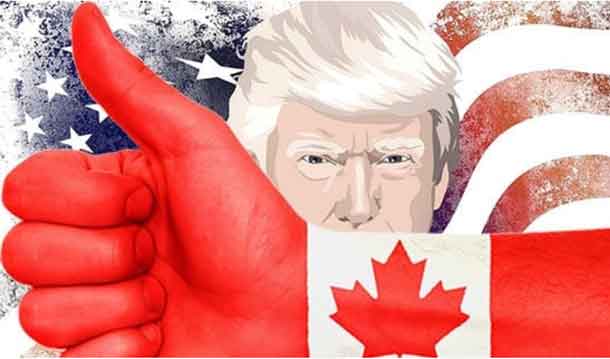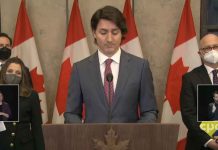

By James Oliphant and Emily Stephenson
WASHINGTON/NEW YORK (Reuters) – One immediate consequence of Donald Trump’s stunning victory in the U.S. presidential race is that the identity crisis that convulsed the Republican Party during his tumultuous candidacy has been resolved.
It’s Trump’s party now, for better or worse.
Although having never before held public office, the businessman and former reality TV star vanquished 16 other Republican candidates to win the nomination and go on to defeat Democrat Hillary Clinton, but established Republicans challenged his commitment to party tenets and organised against him.
Trump’s political ascent encountered fierce opposition from some in the party’s establishment wing that includes former Florida Governor Jeb Bush and Ohio Governor John Kasich and from others in its social-conservative faction, such as U.S. Senator Ted Cruz of Texas. All of them criticized Trump at times for straying from orthodox Republican positions on such issues as trade, his temperament or his lack of governing experience.
But on Wednesday, all of that seemed forgotten and forgiven, at least for the moment, as Trump, the surprise winner in a 17-month-long election campaign, prepared to take power with the backing of Republican majorities in both chambers of Congress and the promise of an aggressive conservative agenda.

“The American people have spoken and it’s time to come together,” Kasich tweeted on Wednesday after he scrapped plans for a speech in Washington later this week that was intended to pave a new direction for the party after an expected Trump loss.
Bush said he would “pray” for Trump. Cruz termed Trump’s win “an amazing victory for the American worker.”
Paul Ryan, speaker of the U.S. House of Representatives who had drawn the ire of Trump supporters by refusing to campaign for him, praised Trump on Wednesday and said that voters had delivered Trump a “mandate” to pursue his agenda, having won the electoral vote that counts while Clinton likely won the popular vote.
Had Trump lost, both Ryan and Reince Priebus, chairman of the Republican National Committee, were expected to face challenges to their jobs. Now, having protected his House majority, Ryan will be Trump’s top legislative ally.
If, as many expect, Priebus is tapped by Trump to join his administration, Trump will be able to replace him with a hand-picked successor, thus cementing his grip on the party’s apparatus.
Republican donors who did not support Trump, too, were coming around.
“Nothing unifies like these decisive wins, and nothing unifies like the power of having the House, the Senate and the White House,” said an adviser to a leading donor.
‘COMPLETE CONTROL’
Representative Chris Collins, who was an early Trump supporter, said without the opposition of President Barack Obama, a Democrat, many divisions within the Republican Party would dissipate.
“The big difference is we now have complete Republican control,” Collins told Reuters. “We’re all on the same page give or take 10 percent, which is nuances more than anything.”
Trump adopted much of the “Better Way” domestic policy agenda Ryan has painstakingly put together in over the last few years, notably revising his tax plan to bring it roughly in line with House Republicans’ proposal after initially floating much more drastic reform.
Trump this year proposed cutting the top individual income tax rate to 33 percent from its current 39.6 percent. He had initially said he would drop that rate down to 25 percent but revised his proposal after tax experts said it would balloon government deficits.
While Trump has offered a bare-bones outline of his replacement plan for Obama’s signature national healthcare law known as Obamacare, advisers told Reuters he would draw heavily on the House version.
At a news conference on Wednesday, Senate Majority Leader Mitch McConnell vowed that Congress under Trump would move quickly to repeal Obamacare.
TRADE, BENEFITS
It remains to be seen whether House Republicans view Trump’s mandate as extending to other, prominent campaign promises. Trump staked much of his candidacy on opposing major trade deals, while Republicans have generally favoured free trade.
Trump promised repeatedly not to touch Medicare and Social Security federal retirement benefits, asserting that Clinton would slash those programs even though she had not proposed to do so. Most mainstream Republicans believe revamping Medicare and Social Security is critical to curbing federal spending.
Trump vowed to repeal the Dodd-Frank financial reform law. During the campaign he met with House Financial Services Chairman Jeb Hensarling but never endorsed Hensarling’s proposed bank regulation legislation and instead called for a return to the 1930s Glass-Steagall law separating commercial and investment banking.
Representative Warren Davidson, a member of the ultra-conservative Freedom Caucus in the House, said he thought Congress could get some early wins on areas of agreement with Trump that included replacing Obamacare and finding a way to repatriate corporate profits held overseas and using the money to pay for infrastructure repairs.
Richard Hunt, head of the Consumer Bankers Association, which lobbies for some of the biggest U.S. banks, said Republicans must act swiftly to show that as change agents they can actually govern.
“They have to show the American people that Republicans are able and capable of governing. Obviously there was a clear mandate last night that says Washington is not working and people want Washington to work,” he said. “Part of me says you need to have a clean slate, okay, that was the campaign, now this is governing.”
(Additional reporting by Michelle Conlin in Washington and Steve Holland in New York; Editing by Caren Bohan and Howard Goller)






